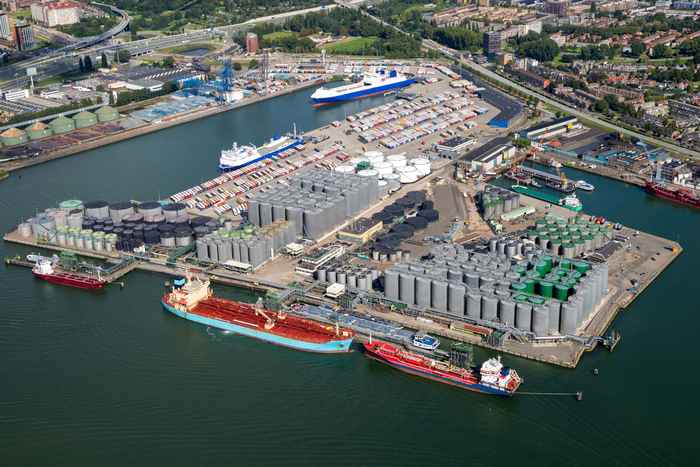Port of Rotterdam faces obstacles in reaching sustainability targets
3 January 2024

This Monitor is based on a survey carried out by the ACBI, led by Henk Volberda, professor of Strategy and Innovation at the University of Amsterdam.
The Rotterdam port is the largest port and industrial complex in Europe. Many of the companies located here need to make significant investments to reduce their emissions. According to European regulations, they also have to track their emissions. ‘That includes their customers and suppliers as well and this leads to a heavy administrative and regulatory burden,’ says Volberda.
Policies and markets an obstacle
The companies are also hindered by a lack of support in government policy, fluctuating energy and raw material prices, and disruptions in logistics. According to the researchers, companies are compelled to accelerate the energy transition. Currently, a majority of the companies in the port are not climate-neutral.
Volberda: ‘But our research shows that half of them are definitely trying to achieve that by 2030, and the port industry expects to surpass the national level from 2035 onwards.’ The study also found that there was no increase in the level of radical innovation compared to five years ago.
About the Monitor
The Port of Rotterdam Innovation Monitor was commissioned by the Port of Rotterdam Authority, Deltalinqs, SmartPort, and the municipality of Rotterdam. Over 250 directors and managers of companies in the Rotterdam port participated in the research.